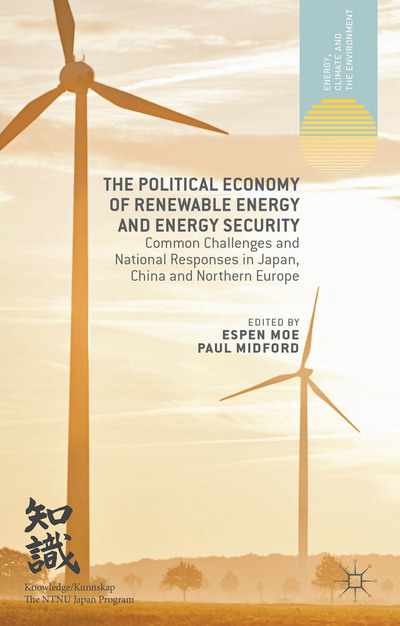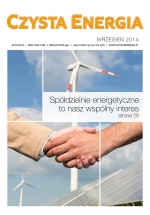My book chapter “The German Policy Support Mechanism fpr Photovoltaics: The Road to Grid Parity” was published in Moe, Espen and Midford, Paul (eds.), “The Political Economy of Renewable Energy and Energy Security. Common Challenges and National Responses in Japan, China and Northern Europe”, Palgrave Macmillan, pp. 258-275.
From the book description:
Bringing together renewable energy and energy security, the authors cover both the politics and political economy of renewables and energy security and analyzes renewable technologies in some of the most relevant and topical parts of the world. Japan is energy-scarce and still experiencing the aftermath of Fukushima. China is expanding its renewable energy capacity faster than any other country. Northern Europe has long been among the most progressive regions with respect to renewables – boasting Denmark and Germany, front-runners in wind and solar energy solutions – but also home to petroleum-based economies like Norway. By comparing and contrasting the experiences of such a diverse range of countries, this book identifies both barriers and success factors and explains why some countries have been so much more successful than others when it comes to renewable energy.
More information available on the website of Palgrave Macmillan.




